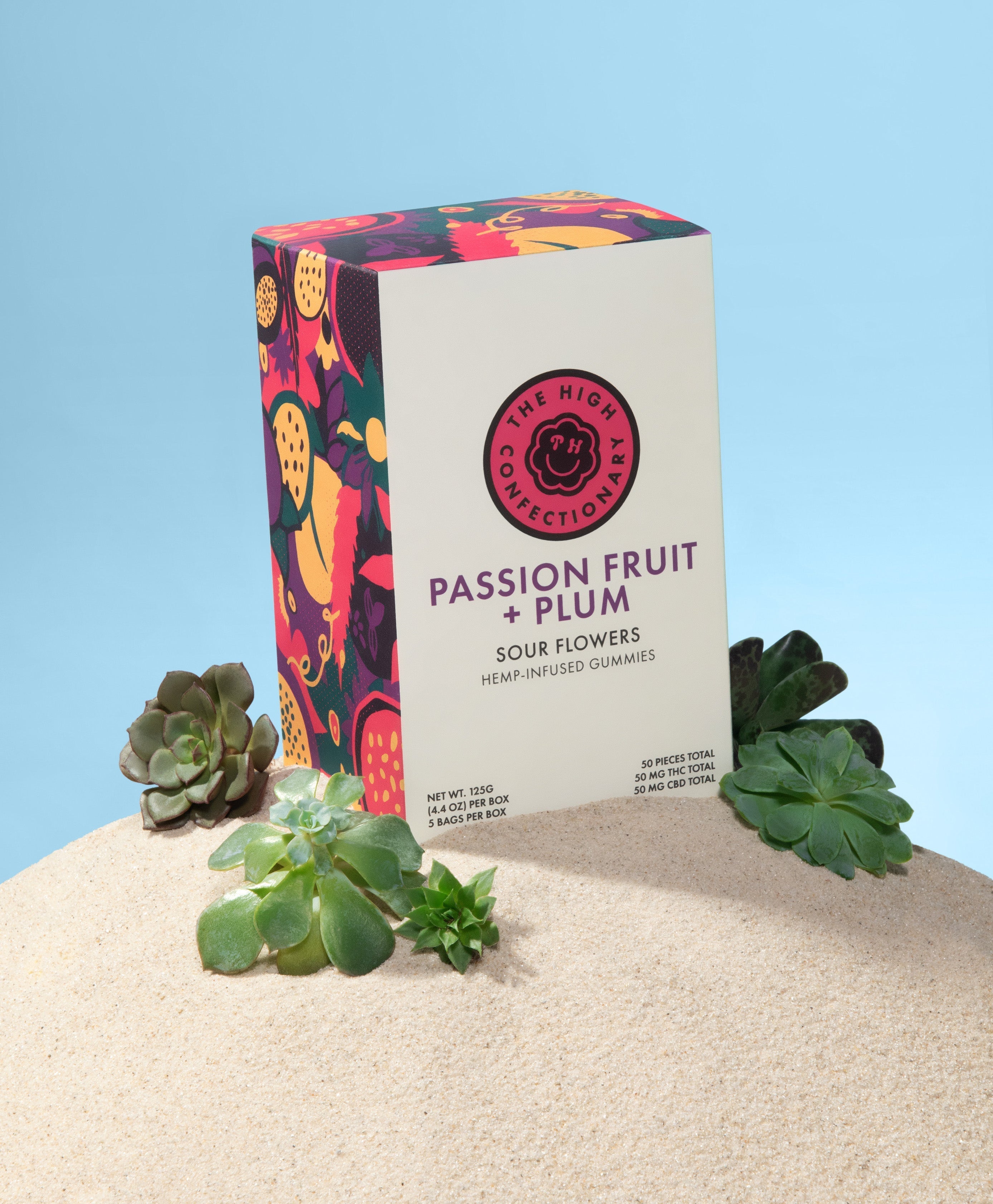Hemp vs. Cannabis: What is The Difference?

We want to break it down for you. So here it goes...
Cannabis and hemp plants represent two sides of the same coin (literally they are the same plant species, Cannabis Sativa), differentiated primarily by their THC and CBD concentrations. The distinction between hemp-derived and cannabis-derived Delta-9 THC (what makes you feel “high”) is largely a legal and semantic one, not a biochemical difference. Both forms of the compound interact with the human body in the same way, offering similar therapeutic and psychoactive effects. Despite the legal and cultural distinctions between hemp and cannabis, when it comes to Delta-9 THC, the molecular effects on the human body are identical, irrespective of the source.
First, let’s look at Cannabis Plant and Its Components
The cannabis plant produces flowers that contain a plethora of chemical compounds, known as cannabinoids. THC (tetrahydrocannabinol) and CBD (cannabidiol) are the most well-known cannabinoids, among over a hundred others present in lesser quantities.
THC, or Delta-9-tetrahydrocannabinol, is the primary psychoactive component of the cannabis plant. Its effects can include euphoria, relaxation, altered sensory perception, and therapeutic effects. The potency of a cannabis strain is largely determined by its THC content, which can vary significantly among different strains.
Now pay attention here because this is where it gets interesting….
In cannabis plants, THC concentration can reach well over 30% in dried flowers. In contrast to THC, CBD is a non-psychoactive cannabinoid praised for its therapeutic benefits. In most THC-dominant cannabis strains, CBD levels are relatively low. This is because the same pathways that lead to THC production in the plant often occur at the expense of CBD synthesis.
So what is hemp?
Hemp is a variety of the Cannabis sativa plant species characterized by it’s low THC content and high CBD content.
Here is the important part...
Delta-9-tetrahydrocannabinol (THC), the psychoactive compound renowned for its euphoric effects, can be extracted from hemp plants in a form identical to that found in cannabis. Despite hemp's legal classification, which mandates a THC content of less than 0.3%, the chemical structure of the THC molecule remains constant, irrespective of its source. This means that the Delta-9 THC derived from hemp is chemically indistinguishable from the THC obtained from cannabis plants.
Hemp, legally distinguished by its low Delta-9-tetrahydrocannabinol (THC) content—below 0.3% by dry weight—is primarily cultivated for its high cannabidiol (CBD) concentration. Despite this low THC concentration, it is still possible to extract Delta-9 THC from hemp. The extraction and concentration processes allow manufacturers to isolate and increase the quantity of Delta-9 THC from hemp to create products that contain this psychoactive cannabinoid at levels that can produce its characteristic effects. This capability highlights the versatility of hemp and its potential beyond the production of CBD products.
Distinguishing Between Cannabis and Hemp
The primary distinction between hemp and cannabis under current law is their THC content. Hemp is legally defined in many jurisdictions as Cannabis sativa plants containing less than 0.3% Delta-9 THC, positioning it outside the realm of controlled substances. Conversely, cannabis plants with THC levels exceeding this threshold are regulated as narcotics.
Despite their legal and cultural differentiation, at a biological level, cannabis and hemp are not markedly different. They share the same species and have a similar capacity to produce cannabinoids and terpenes. The key difference lies in their cannabinoid profiles: hemp is cultivated to maximize CBD content while minimizing THC, whereas many cannabis strains are bred for high THC levels.

